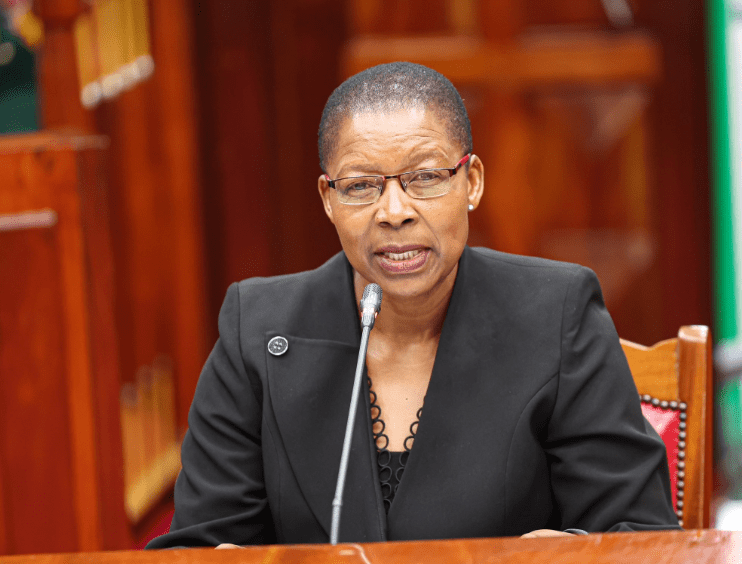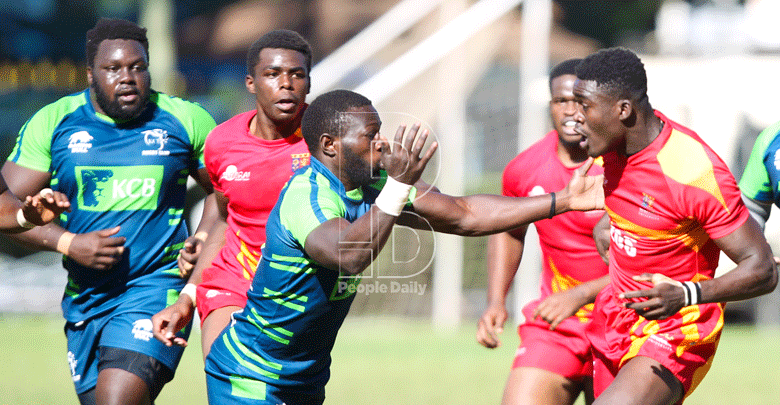AG ordered to provide rules on IEBC lawyers, payments

Lawmakers have directed the Attorney General to provide guidelines for the appointment of law firms after it emerged that the electoral body does not involve the office during negotiations of legal fees and their rationale.
The MPs who sit in the Public Accounts Committee regretted that there has neither been clarity on the criteria used for picking the law firms nor negotiations thus leading to huge disparities between fees paid to the various law firms.
In a report tabled in the National Assembly, the MPs raised concerns that the Advocates Remuneration Order caps the legal fees but does not provide a ceiling. This came after it emerged that 80 per cent of the pending bills were legal fees.
Reads the report: “The committee reprimands the Accounting Officer for failure to formalise over-expenditure through Treasury and Parliament, and recommends that the Accounting Officer in liaison with the Attorney General provides guidelines of appointment of law firms representing the commission, including parameters for the compensation, and avails this to the National Assembly within six (6) months of the adoption of this report.”
The committee further raised concerns that the commission spent monies not appropriated by Parliament contrary to the Public Finance Management Act, 2012.
The decision of the committee follows the revelation by the committee that the commission’s outstanding pending bills amount to Sh4.39 billion out of which 2 billion relate to bills for the 2021/2022 financial year, Sh2.29 billion for the financial year 20220/2023.
IEBC Chief Executive Officer Hussein Marjan told the committee that in the 2022/2023 Financial Year, the commission was not allocated any funds for the settlement of the pending bills in the budget despite making various appeals for additional funding.
Rendered services
Marjan submitted that the commission has an outstanding Sh4 billion from the Exchequer which is mainly meant for payment of 2022 elections suppliers and service providers
These were for supplied goods and rendered services in the counties and the headquarters but have not been paid.
He said: “The budgetary allocations in any non-election year are limited and mainly consist of operations expenditure. Therefore, pending bills cannot be absorbed as the first charge. A large portion of the pending bills are legal fees amounting to Sh3.8 billion.”
He further explained that the pending bills relate to petitions filed against the commission and election petitions whereas others emanate from procurement-related disputes.
Adds the report: “The commission confirmed that all the payments to law firms abide by the Advocates Remuneration Order and that savings and credit notes arise due to negotiation and that they operate on a first in first out basis. The Accounting Officer further informed the Committee that the Commission has employed seven (7) Advocates and 148 pre-qualified legal firms every two years.”
With regards to court awards amounting to Sh5.4 million which were decided in 2013 and costs awarded to the commission, the MPs told the legal team to put more effort into the collection and recovery of court awards.
The MPs however regretted that the challenges the commission is facing in the Recovery of Court Awards include lethargy in pursuing costs resulting in non-payment of pending bills.
And since recovering costs need funding and are expensive, without adequate payment of pending fees the firms are unable to pursue the same.
Some petitions were filed by indigent litigants acting as surrogates for politicians out to cushion themselves against the award of costs. Others include the commission being awarded costs, and the same has not been taxed and thus cannot indicate the exact amounts awarded.
With the whereabouts of some of the parties (judgment debtors) from whom the commission is to recover the costs being unknown, it becomes difficult to serve them with the necessary documents.
Status report
Reads the report: “The Accounting Officer to submit a status report to the committee within three (3) months after adoption of this report on the long outstanding amounts for review and reporting in subsequent audits.”
With regards to the loss of seven Kiems kits that were procured during the 2016/2017 financial year, others missing components or having damaged components and thus being non-functional, the commission has recommended that a special audit be done on the matter
Reads the report: “The committee observed from the submissions by the Accounting Officer that the loss of the equipment seemed to have taken a curious geographical pattern, and seemed well coordinated. The Accounting Officer admitted to some losses and claimed that some investigations were ongoing, albeit with no timelines.”











